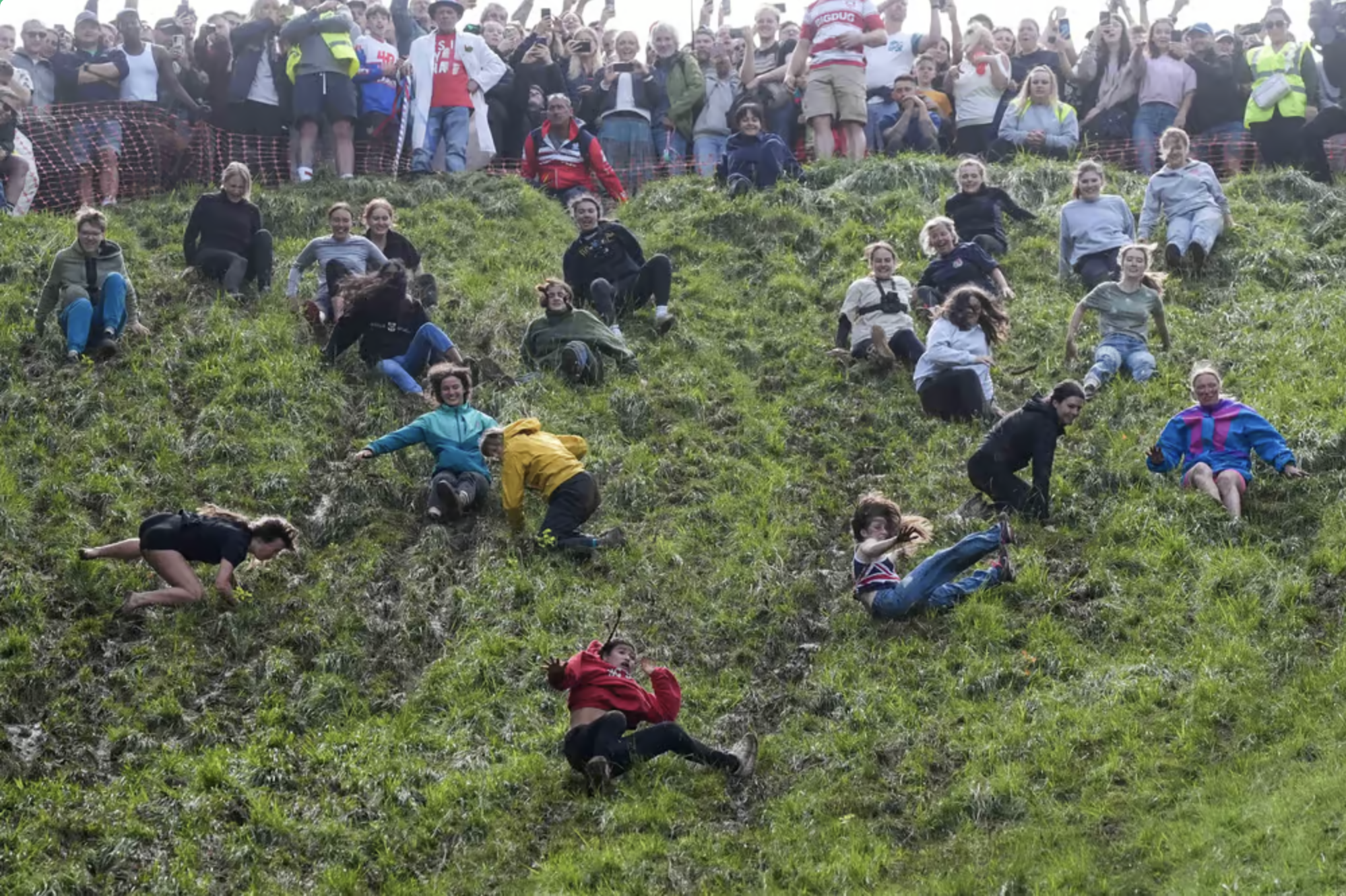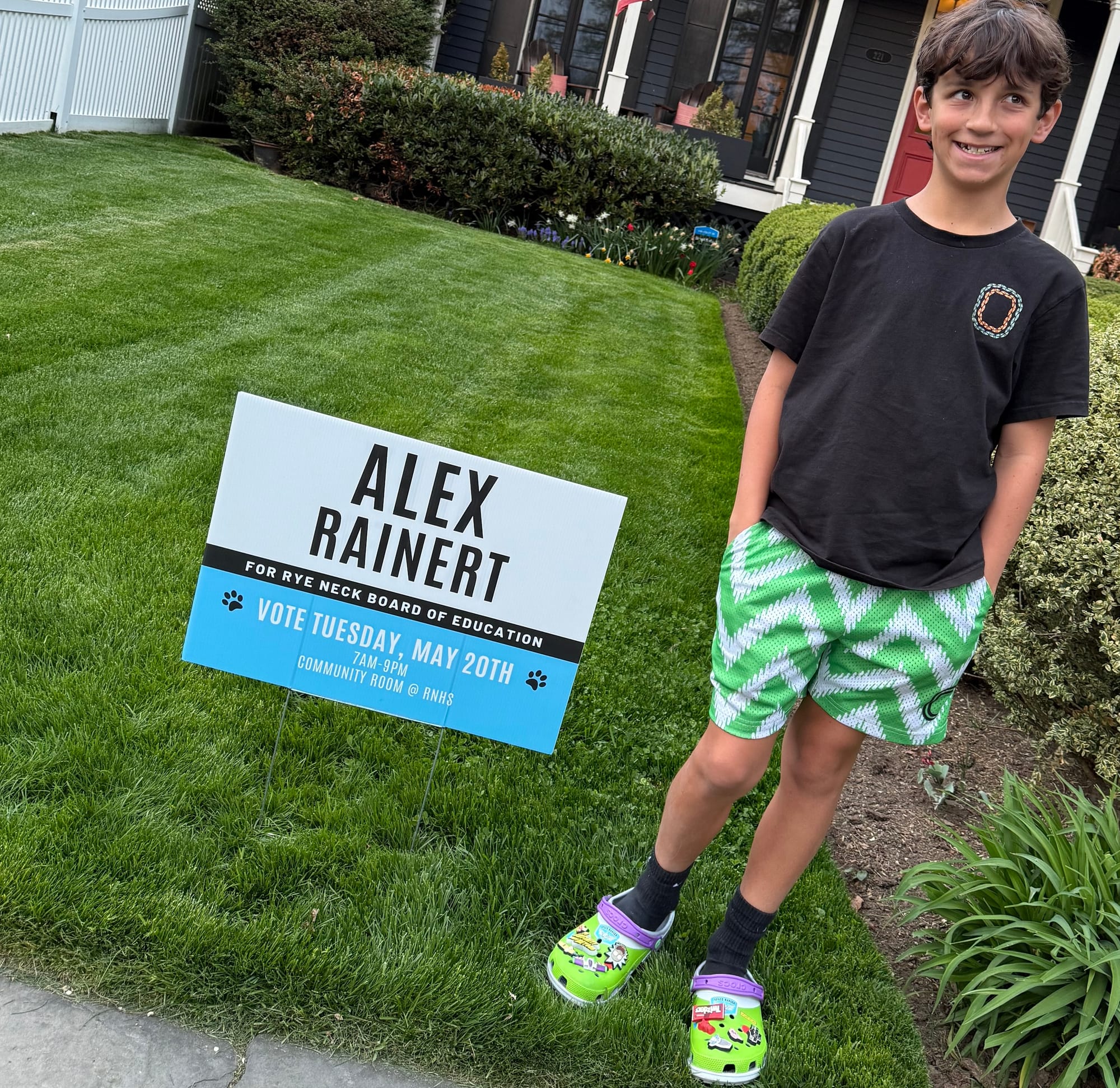Reflections on 7 months of product consulting
(originally posted on Medium)
As 2015 came to an end, I realized I’ve been working as a consultant since June and I thought it would be useful for me (and hopefully others) to reflect on how it’s gone, what I’ve learned, what I’ve changed, now that I have a decent amount of time and data to look back on.
Time is money. Plan accordingly.
Time is everyone’s most valuable resource and while most people could benefit greatly from a more rigorous approach to time management, for the independent consultant, this is a very literal thing. You can make good money consulting but any time not spent working on something that you can bill to a client is time not making money. No more getting paid every two weeks no matter what. Feel like shit and don’t want to work? No money. Want to take a week off and go to the beach? No problem. Also, no money. Once you really internalize this, it’s empowering and a really great motivator.
From the beginning I tried to ground my financial targets in reality. I built my financial models around 46 working weeks out of the year and roughly an 85% billability during those weeks.
There are many valid reasons to take a gig. Being mindful about them helps.
Anyone who has ever worked for themselves knows there are many reasons to take on a project — you absolutely love the team/product, you’ll learn something new, it suits your background/area of expertise, the timing lines up perfectly for you, it’s easy/good/great money. Everyone will have some version of this “Spectrum of Nobility” through which they evaluate potential work and I will never besmirch anyone the choices they make here but I’ve found it very useful to try and be mindful of them going into it so you can see how they end up matching your expectations.
Once I decide to work with a client and we’re getting ready to kick off, I’ve found it useful to write out some thoughts about what I think the relationship is going to be like — what will be rewarding, where I think I can add unique value, what will be difficult, what might be frustrating and what I hope to learn. This artifact is useful to reflect on and helps me tune my instinct when deciding which gigs I want to take in the future.
See a lot. Learn a lot.
7 months into it, I can safely say that the most rewarding thing for me is the variety — of people, problems, products, engagement types, company stages. While I know firsthand that the depth of experience you get going all in on one problem for 3–4 years is impossible to match, the speed and breadth of exposure I’ve gotten over the past 7 months has been incredible.
Spending one day working with a scrappy 3 person startup trying to find product/market fit and the next working with a multi-thousand person organization that’s trying to figure out how to evolve a core part of their business is a fascinating experience.
Seeing the inside of companies at drastically different stages helps you bring a valuable perspective to each one who may struggle to see beyond the horizon of their current predicament.
Overcoming my introverted tendencies.
Finally, something I’ve really come to appreciate on a more personal level is that, as a natural introvert, working for myself has been a great way for me to force myself to work out muscles that I may otherwise let atrophy. The act of meeting with potential partners to explore opportunities (according to my Trello board I’ve met with upwards of 50 so far) and working so closely with some of them has had a noticeable impact on how I approach these situations — what in the past may have caused me some anxiety, I now approach with total confidence.
I believe this comes from two main things: the sheer repetition of talking to so many different kinds of people, understanding their problems and conveying whether you feel like you can (or cannot) be helpful to them as well as having a body of work to look back on and feel incredibly proud of the value I’ve been able to bring to these drastically different situations.






Discussion